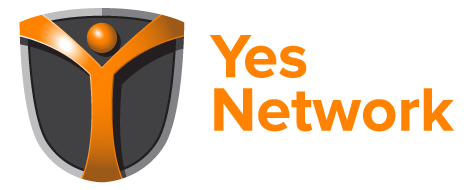The Yes Network will provide twice-weekly opportunities to boys and girls between the ages of 12-17 for organized games and sports, including basketball, dodgeball, soccer, kickball, cross-net, etc. The program is directed toward under-resourced kids who don’t have opportunities to engage in school or community-sponsored activities. Often, these kids face poverty-related barriers such as transportation and funding.
 The Yes Network program would be open after evening meals from 6 to 8 PM for 21 weeks from November 2022 through April 2023. It would offer free transportation to those in need and be run by trained staff, including certified teachers. In addition to promoting fitness and recreation, the Yes Network staff will help participants build friendships, develop conflict resolution skills, and strengthen social-emotional learning.
The Yes Network program would be open after evening meals from 6 to 8 PM for 21 weeks from November 2022 through April 2023. It would offer free transportation to those in need and be run by trained staff, including certified teachers. In addition to promoting fitness and recreation, the Yes Network staff will help participants build friendships, develop conflict resolution skills, and strengthen social-emotional learning.
Rationale: While many of the outward signs of the pandemic have subsided, there is much work to do on its ongoing effects. In her article, “The Double Pandemic of Social Isolation and COVID-19”, Julianne Lund-Holstad writes that the struggle to balance literal survival with all the things that make surviving worthwhile has never been so clear.
School staff were probably the first to understand the impact of social isolation on the mental health of children and youth. Numerous reports explained how their grief, anxiety, and depression spilled out in the classrooms and hallways, resulting in crying and disruptive behavior in younger ids and increased violence and bullying among teens.
According to the Centers for Disease Control and Prevention, emergency department visits for suspected suicide attempts among adolescents jumped 31% in 20200, compared with 2019. Among girls, the percentage was even higher.
Youth in neighborhoods served by the Yes Network, which are struggling with poverty, have likely experienced more layers of trauma and adversity. Many of the kids on the south side of our community live in crowded apartments with very limited space to play outdoors, which increases their isolation. For example, Ivy Apartments and University Village Apartments has no green space at all around the buildings — only parking lots
Understanding the need, the Yes Network organized games and sports activities last winter at the Saint Cloud State University field house and soccer dome. Approximately 40 to 50 kids attended each evening. Unfortunately, similar to the experience of school staff, there were many disagreements among the participants that led to emotional flare-ups, escalated conflicts, and disorder. As a result, much of the time was spent managing behaviors instead of engaging in fun activities, team-building, and strengthening social skills.
The Yes Network staff developed a number of successful strategies, including 1) hiring additional staff, 2) strengthening its partnership with District 742 to create more consistent play spaces, and 3) training and employing youth leaders to organize teams of players within their own neighborhoods.
The youth leader strategy was particularly successful because youth already knew each other, took ownership for their team, and were enthusiastic about working together toward their goal. They were able to recruit others from within their apartment buildings which reduced the isolation and depression in positive ways.
To donate: https://www.givemn.org/story/



